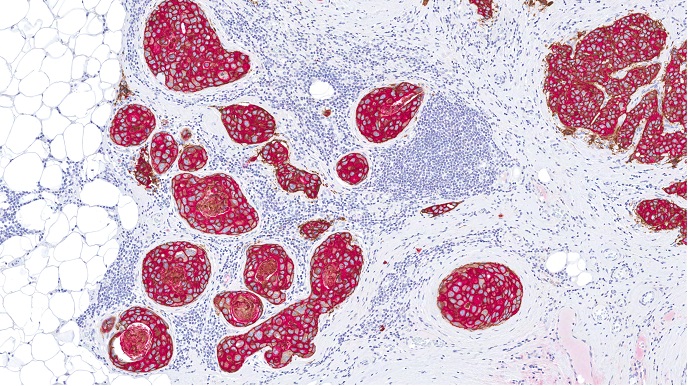Boosting tuberculosis research in South Africa, India
TB constitutes an escalating health concern, especially in developing countries where the high prevalence of HIV facilitates the spreading of Mycobacterium tuberculosis. Although research funding has increased considerably, the challenge of sustaining research momentum in the years to come remains. The key objective of the EU-funded TBSUSGENT project was to nurture and support suitably qualified TB researchers in countries where the infection remains a serious health problem, namely South Africa and India. To this end, the initiative sought to develop and manage fellowship programmes for clinical scientists working on TB, offering scientific training and a network of mentors. A total of 25 scientists received funding from the TBSUSGENT programme to study various aspects of TB biology, such as the immunological mechanisms underlying the resistant form of TB, the validity of using T cell assays for diagnosis and the identification of novel biomarkers. Clinical trial studies on the extremely drug-resistant tuberculosis (XDR TB) and on the benefit of various therapeutic interventions were also conducted. Part of the project's scientific training involved seminars and courses on biostatistics, epidemiology, diagnostics and immunology of TB. Additional to human resources support, the funding programme strengthened the infrastructure and the research capacity in both Africa and India. The TBSUSGENT programme succeeded in educating and supporting researchers from developing countries to establish a career in science working on the biology of TB. Apart from strengthening clinical knowledge and TB-related research in South Africa and India, the programme also provided new insight into the resistant form of TB and opened up networking and funding opportunities in Europe.







